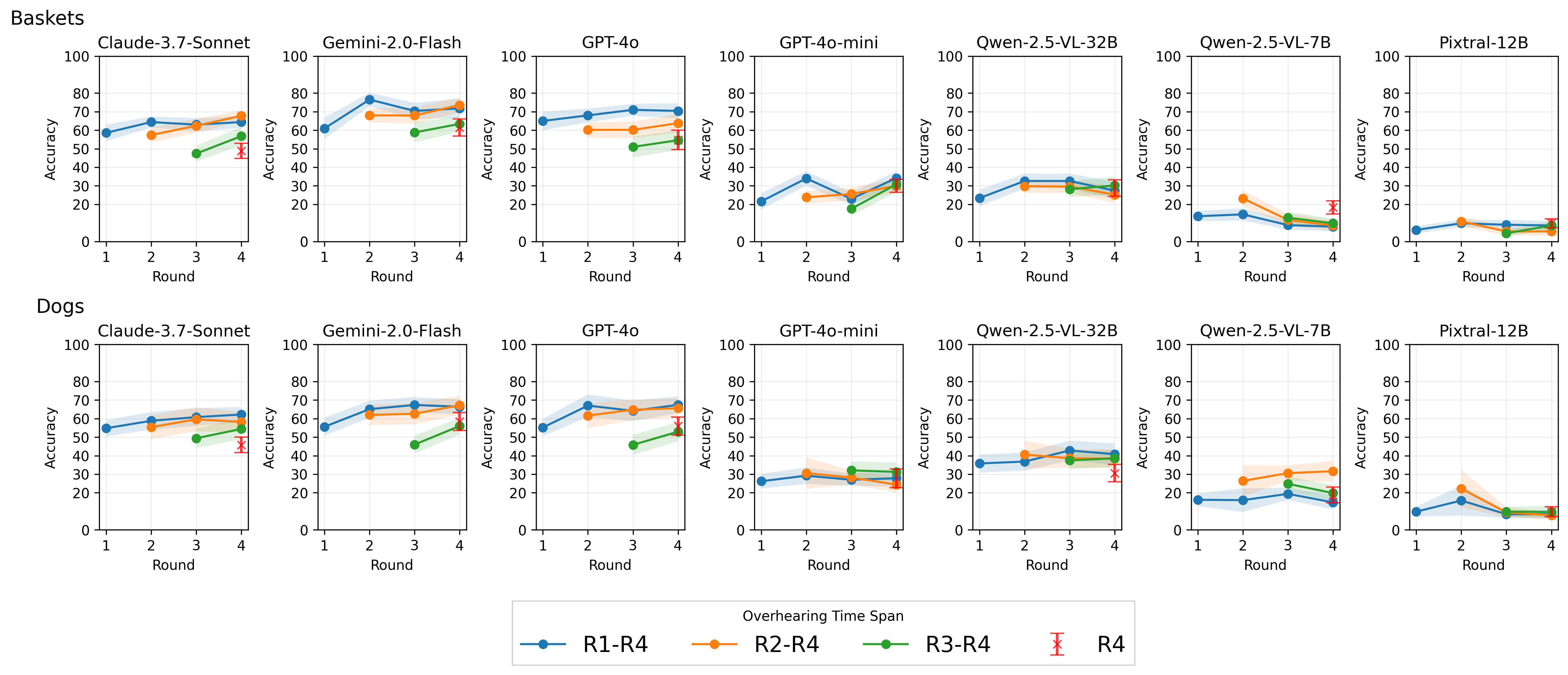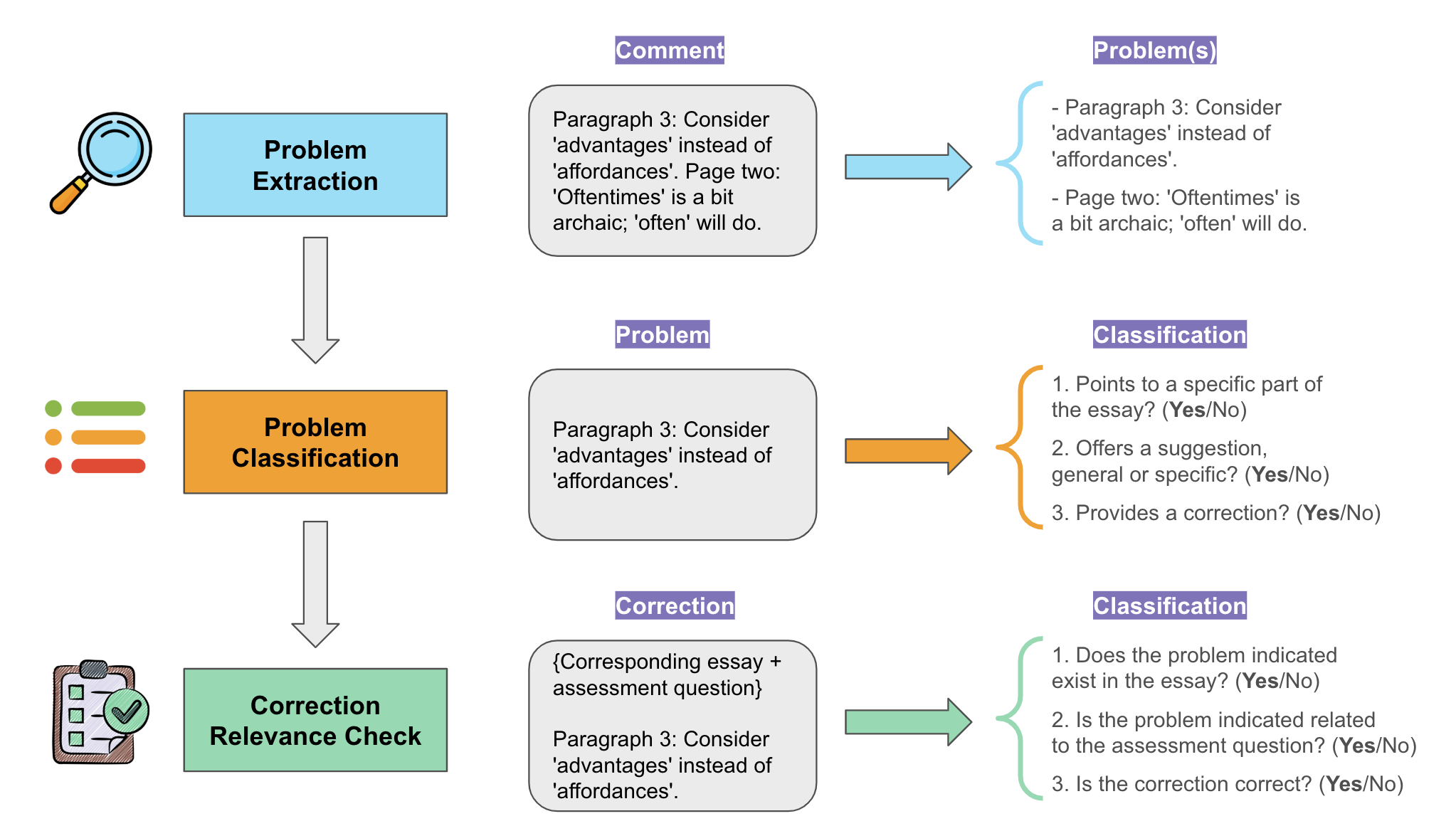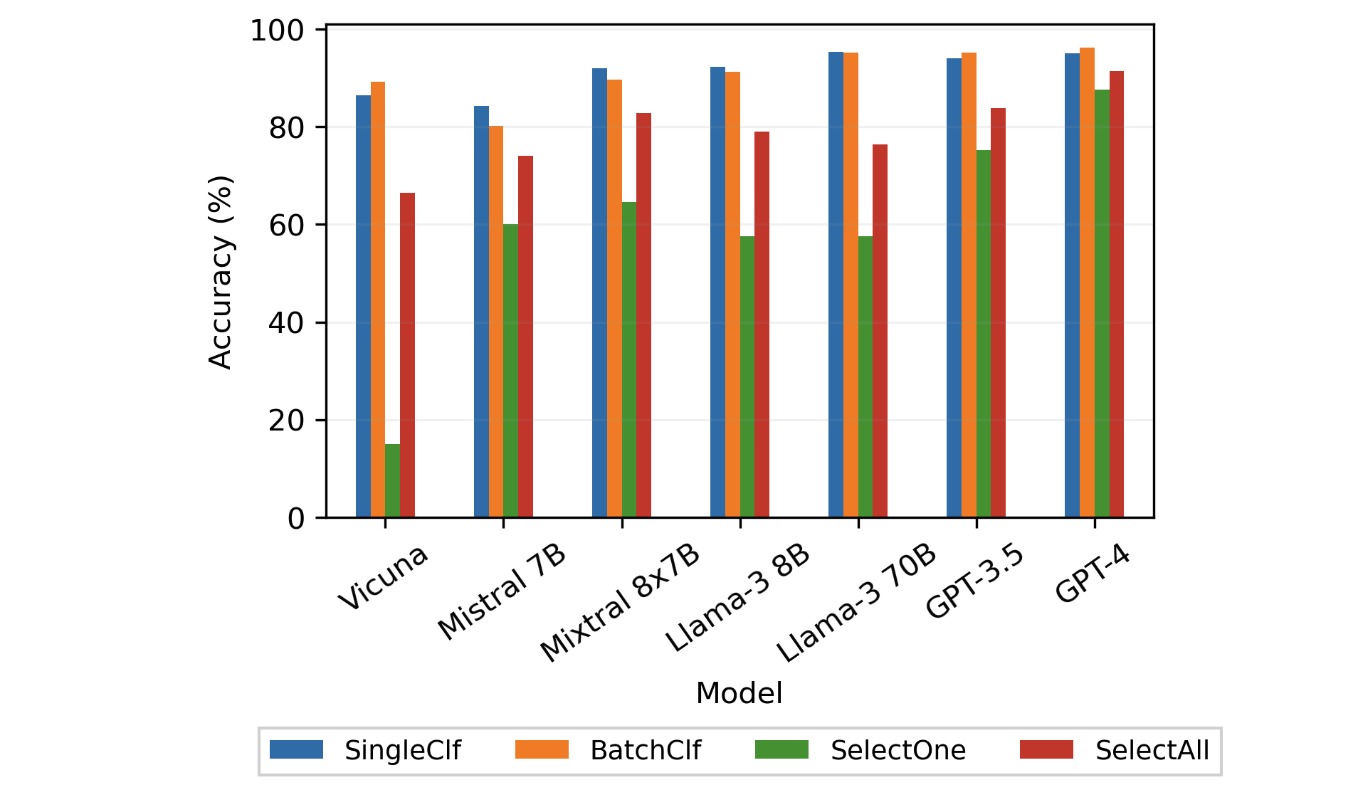

I am a PhD candidate in Computational Linguistics at Stony Brook University, affiliated with Institute for Advanced Computational Science (IACS). I am fortunate to be advised by Dr. Owen Rambow.
Prior to coming to Stony Brook, I completed a bachelor's degree in Chinese Language and Literature from Hunan University, and a master's degree in Applied linguistics from University of Saskatchewan.
I am a lifelong learner at heart, and as a result my research interests have evolved over time. Currently, my work focuses on evaluating large (vision/audio/omni) language models from a human-centric perspective, spanning themes such as multi-step and agentic reasoning, human–AI interaction, personalization, multimodality, and post-training. I prioritize research grounded in real-world use cases and open-ended challenges, with an emphasis on scalable and interpretable evaluation methodologies.
I enjoy making new connections, so feel free to reach out to me for any reason and have a coffee chat!
News
-
Jan, 2026: Launched a new Blogs section on my website, featuring essays I wrote between 2015 and 2018 (in Chinese). I hope this will motivate me to write more going forward.
-
Aug, 2025: I started working for Amazon as an Applied Sciencist intern. I research in Large Audio Language Model for the Central Analytics and Research Science team under Alexa AI.
-
Aug, 2025: My first-authored paper LVLMs are Bad at Overhearing Human Referential Communication has been accepted to EMNLP 2025 (Main).
-
Aug, 2025: My first-authored paper Catch Me If You Can? Not Yet: LLMs Still Struggle to Imitate the Implicit Writing Styles of Everyday Authors has been accepted to EMNLP 2025 (Findings).
-
May, 2025: I started working for Meta as a Software Engineer (Machine Learning) intern. Using Hack (PHP), I built an LVLM-based agentic workflow for trend detection, validation, magnitude labeling, and post content quality rating.
-
May, 2025: My first-authored paper LLMs can Perform Multi-Dimensional Analytic Writing Assessments: A Case Study of L2 Graduate-Level Academic English Writing has been accepted to ACL 2025 (Main).
-
Feb, 2025: I advanced to PhD candidacy after passing my second qualifying paper.
-
Aug, 2024: I received the Junior Researcher Award from the Institute for Advanced Computational Science at Stony Brook University.
-
May, 2024: I started working for the Home Depot as a Data Scientist intern where I developed various LLM-based systems for topic modeling, classification, and validation.
-
June, 2023: I became a trainee for the Bias-NRT (National Science Foundation Research Traineeship) program at Stony Brook University,
-
Aug, 2022: I started my PhD in Computational Linguistics at Stony Brook University.
Blogs
寂寞和希望:铁屋中的呐喊
Dec 1, 2018
一
《菊与刀》与文化模式研究
Jun 30, 2018
露丝•本尼迪克特(Ruth Benedict)的《菊与刀》(The Chrysanthemum and the Sword)是人类学研究史上的一部奇书。作者是位既不会日语又从未去过日本本土的美国学者,但他写的这本研究日本文化的基本模式,或者日本民族性(national character)著作却成为了二战后美国据日政策的指南,书中所提出的战后对日方案后...
福建古田教案交涉经过简述
Jun 1, 2018
一、事件的发生
文学自觉与自我实现 ——《我们的祖先》三部曲中现代人的自我意识
Jan 14, 2018
一、引言
孔子生平自述的重新解释——兼论“五十而知天命,六十而耳顺”的人生含义
Dec 31, 2017
摘要:孔子著名的生平自述(“吾十有五而志于学……”),高屋建瓴地总结了其人生发展阶段的特点,为了解孔子人格与学说提供了意义重大的参考。具体说来,孔子的人生发展阶段体现如下特点:十五志于学是孔子人生发展阶段的最初阶段而之后的各个阶段皆由此生发;孔子的人生发展阶段体现了一种进阶式的发展,表现为处世经验不断丰富、所立志向越来越明确。五十而后,孔子认清了自己余...











